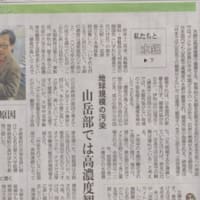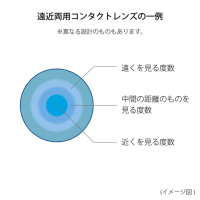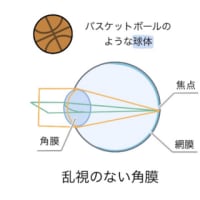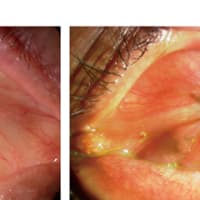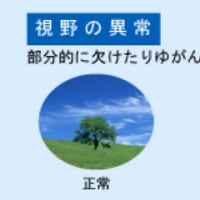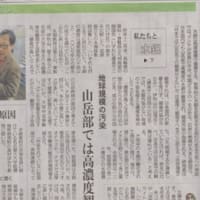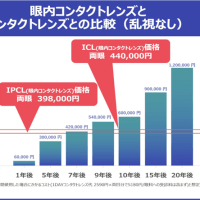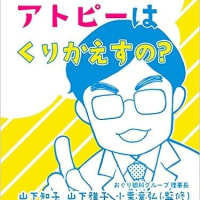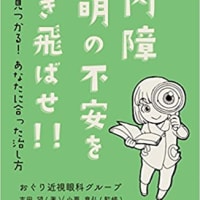冬の養生
記録的な暖かい秋でしたが、最近は急に「秋らしく」冷えてきました。
今年は秋を飛ばしてそのまま冬になりそうにも感じられます。
暦の上では立冬(11月上旬)~立春(2月上旬)までのおよそ3か月間が冬。
言わずと知れた寒さが強くなる季節です。
中医学や漢方では「貯める」時期とされます。
動物はエネルギーの消費を抑えるために気血といった
栄養成分を蓄える養生期間と考えられています。
春夏との大きな違いが、冬は積極的に行動を起こす時期ではないということ。
静かに知識や栄養を蓄えることを基本とするのがよいでしょう。
冬は中医学では五臓のうち「腎」と関係性が強い時期として考えられています。
腎はホルモンの分泌を中心に、人間の成長や老化に深く関与する部位として考えられています。
冬は冷えにより「腎」の働きが弱まりやすくなるため、
しっかりと冬の冷えから体を守らないと老化を促進してしまうことになる、という教えがあります。
冬の寒さは冷えの害である「寒邪(かんじゃ)」と乾燥の害である「燥邪(そうじゃ)」が合わさることで、
特に粘膜や皮膚にダメージを与えます。
風邪などの感染症が増えるのもこのせいです。
次回は、冬の対策として腎を補う食材や漢方薬等、ご紹介させていただきます。
-----------------------------------------------------------------------
おぐりクリニック https://oguriclinic.hp.peraichi.com/nagahama
〒526-0847
滋賀県長浜市山階町451
ネットショップ オピュール https://www.rakuten.co.jp/oland/
メールマガジンの登録はこちら
https://oguriganka.jp/p/r/1ug9kI8X
↓Google翻訳
It was the warmest autumn on record, but recently it has suddenly become colder and more ``like autumn''.
This year, it feels like we are going to skip autumn and go straight to winter.
According to the calendar, winter lasts for about three months from the first day of winter (early November) to the first day of spring (early February).
It goes without saying that it is the season when the cold gets stronger.
In Chinese medicine and herbal medicine, this is considered a time to "save".
Animals use energy and blood to reduce energy consumption.
It is considered a curing period for storing nutrients.
The big difference between spring and summer is that winter is not the time to be proactive.
It would be better to base your efforts on quietly accumulating knowledge and nutrition.
In Chinese medicine, winter is considered to be a period that has a strong relationship with the kidneys, one of the five organs.
The kidneys are thought to be deeply involved in human growth and aging, primarily in the secretion of hormones.
In winter, the function of the kidneys tends to weaken due to the cold,
There is a teaching that if you do not properly protect your body from the winter cold, it will accelerate aging.
The cold in winter is caused by the combination of ``kanja'', which is the harmful effect of coldness, and ``souja'', which is the harmful effect of dryness.
It is particularly damaging to mucous membranes and skin.
This is also the reason for the increase in infections such as colds.
Next time, we will introduce foods and Chinese herbal medicines that support the kidneys as winter countermeasures.
这是有记录以来最温暖的秋天,但最近突然变得更冷,更像秋天了。
今年,感觉我们要跳过秋天,直接进入冬天。
根据历法,冬季从冬初(11月初)到立春(2月初)大约持续三个月。
不用说,现在正是寒冷加剧的季节。
在中医和草药中,这被认为是“保存”的时间。
动物利用能量和血液来减少能量消耗。
它被认为是储存养分的固化期。
春天和夏天最大的区别就是冬天不是主动出击的时候。
还不如把努力建立在默默积累知识和营养的基础上。
在中医看来,冬季是与五脏之一的肾关系密切的时期。
肾脏被认为与人类生长和衰老密切相关,主要是激素的分泌。
冬季,肾脏的功能容易因寒冷而减弱,
有一种说法是,冬天如果不好好保护身体免受寒冷,就会加速衰老。
冬天的寒冷是由“寒邪”(寒冷的有害作用)和“苏加”(干燥的有害作用)结合引起的。
它对粘膜和皮肤的损害尤其严重。
这也是感冒等感染增多的原因。
下次我们会介绍一些补肾的食物和中草药作为冬季对策。










